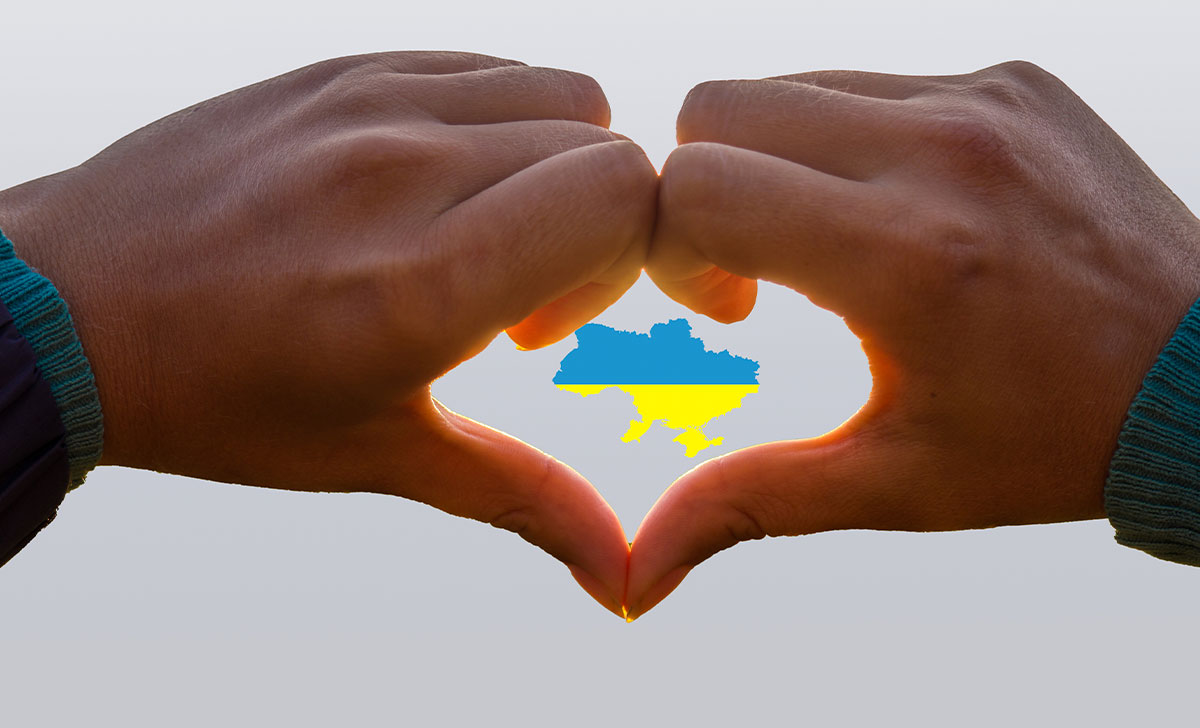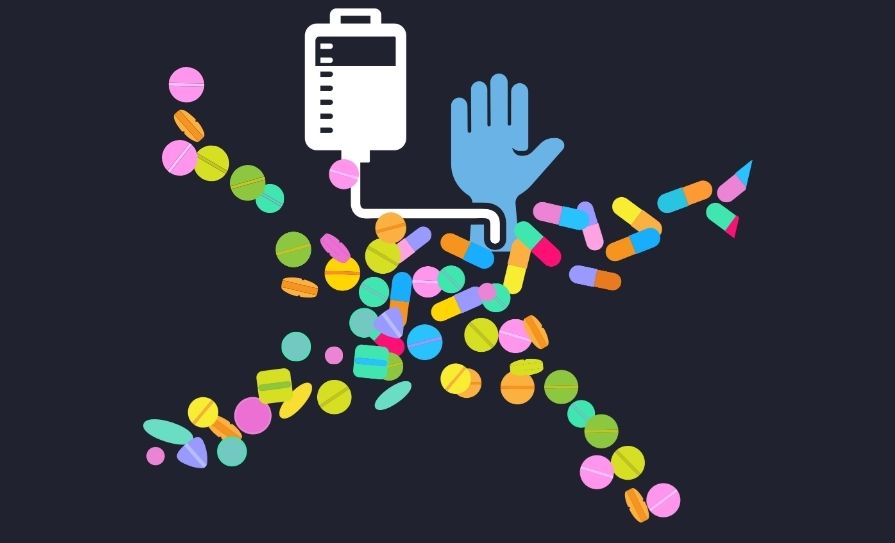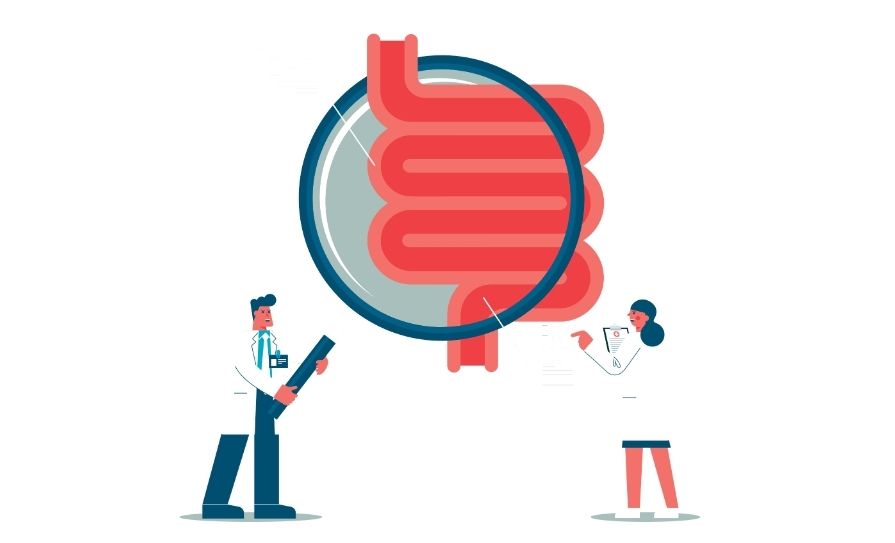WRITING FOR IRISH PHARMACIST, AMANDA AMORIM REPORTS FROM UKRAINE TO DESCRIBE THE SITUATION ON THE GROUND FOR PHARMACISTS TRYING TO PROVIDE HEALTHCARE IN A WAR ZONE .
In war, the job of a pharmacist — making sure people in need have adequate access to the medicines and treatments needed for their continued health and wellbeing — is more critical than ever. Amid disruption and displacement, secure access to vital everyday medicines cannot be taken for granted.
I arrived in the central Ukrainian city of Dnipro to manage pharmaceutical activities for Médecins Sans Frontières/Doctors Without Borders (MSF) at the end of March. Around me, things have been relatively calm, despite sometimes having to relocate to our basement shelter three or four times a day when we hear the bomb warning sirens.
So far, it has been extremely busy for our pharmacy team. A priority for MSF so far in this war has been to get adequate stocks of medical supplies and equipment to where they are needed, at the right time. By the start of May, MSF had brought 460 metric tonnes of medical supplies and equipment into the country, most of which was quickly dispatched to hospitals and clinics where the needs were greatest.
From Dnipro, our teams do visits to other areas more affected by the war in their mobile clinics.
MASS CASUALTY KITS
The pharmacy work is focused on preparing the supplies into kits for shelters, MSF’s mobile clinics and healthcare facilities. They include mass casualty kits and surgical kits for hospitals, as well as standard personal healthcare kits for distribution in shelters.
Here, we are supporting vulnerable people who have fled mostly from Donetsk and Luhansk oblasts where the conflict is particularly intense, and who are now staying temporarily or longer-term in dozens of shelters and accommodation.
Many of the people living in the shelters are highly vulnerable, including the elderly, people with disabilities, unaccompanied children, and people who cannot afford to make the journey further west in Ukraine or abroad.
By the start of May, MSF had brought 460 metric tonnes of medical supplies and equipment into the country, most of which was quickly dispatched to hospitals and clinics where the needs were greatest
In the shelters, our teams run mobile clinics, providing medical consultations; continuation of care and medications for people with chronic illnesses such as hypertension, asthma, diabetes, heart disease, and epilepsy; referrals to hospital for severely unwell patients; psychological first-aid and mental health consultations; and basic relief items.
The needs on the pharmaceutical side have essentially doubled here since I arrived in March. Of course, we have to deal with sudden increased requests which are not possible, and adapt by reconfiguring dose measurements when items are out of stock.
Some purchases can’t be done as per the non-availability of items in the country, and it has been hard to source certain supplies for some of our kits — for example, it’s been difficult to get adequate stocks of tourniquets for mass casualty events.
But Ukraine is still very different to other contexts where I have worked with MSF. The pharmacy services are advanced and there is a reliable cold chain and storage system. Because of that, it’s been possible to work with some local suppliers to make purchases in significant quantities, which is different to what might be possible in other countries where MSF works.
One of the biggest needs for people, especially in shelters, are medicines for the non-communicable diseases such as diabetes, heart disease, hypertension, and other conditions that need taking care of for a long time. We find that others need more basic personal healthcare items and primary healthcare. It’s especially difficult for those who have been displaced and are staying with friends in shelters. Many are running out of money, and it can be difficult to reach them with the right medicines and treatments when they need them.
HOSPITALS
In the hospitals, Ukrainian medical staff don’t need a huge amount of extra help so far. Our medical staff have focused on medical evacuations from overburdened hospitals to facilities with more capacity (including via a specially-outfitted medical train) and providing training and emergency preparation advice in case the war could reach those places.
I have been working as a pharmacist with MSF since 2010 — this is my 11th project, including numerous countries in Africa, Afghanistan, Yemen and Iraq. Before that, I worked in private pharmacies and public hospitals and in the pharmacy sections of three different municipal health secretaries in Rio de Janeiro state.
Being a pharmacist in a humanitarian setting is different everywhere. Here, I am ‘behind the cameras’, as we say in Brazil. In other times, such as my first MSF placement in Eswatini, I was managing the pharmacy supplies for 26 health facilities and was much more directly in contact with patients.
I do miss that — it’s sometimes hard to feel the humanitarian side of my work without being in contact with patients. But I know that my role as a pharmacist while in Ukraine is to make sure everything works well; having the right stocks of whatever’s needed at the right time, wherever it’s needed most.
CONTRIBUTOR INFORMATION

Amanda Amorim is an Emergency Pharmacy Manager for Médecins Sans Frontières/Doctors Without Borders (MSF) in Ukraine







